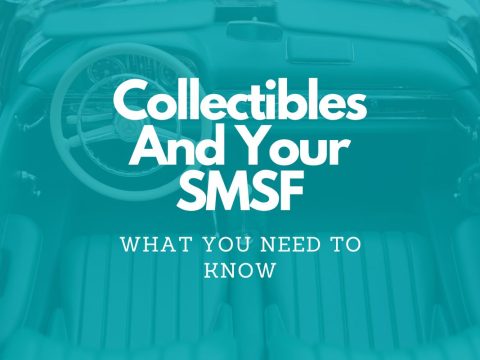SMSF’s – the SuperStream standard for contributions
SuperStream is a government reform aimed at improving the efficiency of the superannuation system. Under SuperStream, employers must make super contributions on behalf of their employees by submitting data and payments electronically in accordance with the SuperStream standard. All superannuation funds, including SMSFs, must receive contributions electronically in accordance with this standard.
Details of the SuperStream standard are set out in the Data and Payment Standard Legislative Instrument and its associated schedules.
From 1 July 2014:
o employers with 20 or more employees will start using the SuperStream standard to send contribution data and payments electronically
o all super funds (including SMSFs) must receive any employer contributions sent to their fund in accordance with the SuperStream standard.
From 1 July 2015, employers with 19 or fewer employees will also be required to send contributions data and payment electronically. However, some may choose to implement SuperStream sooner.
You should check when your employer will start implementing SuperStream.
The Australian Taxation Office (ATO) will be focusing on supporting SMSFs during the introduction of SuperStream.
Contributions sent to an SMSF from a related-party employer are exempt from SuperStream and can be made using existing processes.
Meeting your obligations
There are a range of options for meeting your SuperStream obligations. Each option involves providing your employer with:
o your SMSF’s Australian Business Number (ABN)
o your SMSF’s bank account for receipt of contribution payments (BSB and account number)
o an electronic service address for receipt of a contribution data message.
If you work for an employer with 20 or more employees, you will need to update your details with your employer by 31 May 2014. Alternatively, you can check with your employer to confirm which date best aligns with their implementation plan for SuperStream.
Depending on how you manage your SMSF, you may choose to engage a service provider such as an SMSF administrator or software provider.
You will, however, need to ensure your SMSF bank account is able to receive electronic contribution payments and your SMSF can receive a contribution message with information about these payments in the SuperStream format.
To receive contribution messages electronically you will need to obtain an electronic service delivery address. A register of SMSF message service providers is available.
Benefits
There are a number of potential benefits for SMSFs, including:
o providing a more timely and reliable flow of contribution payments and data
o improving electronic record-keeping for tax and audit purposes
o fewer data and payment errors.
These changes also help your employer manage contributions by providing – a:
o consistent and simplified way of meeting their superannuation guarantee obligations, irrespective of type of fund
o better integration to employer payroll systems
o consistent and lower cost payment methods
o single distribution channel for dealing with multiple funds.



